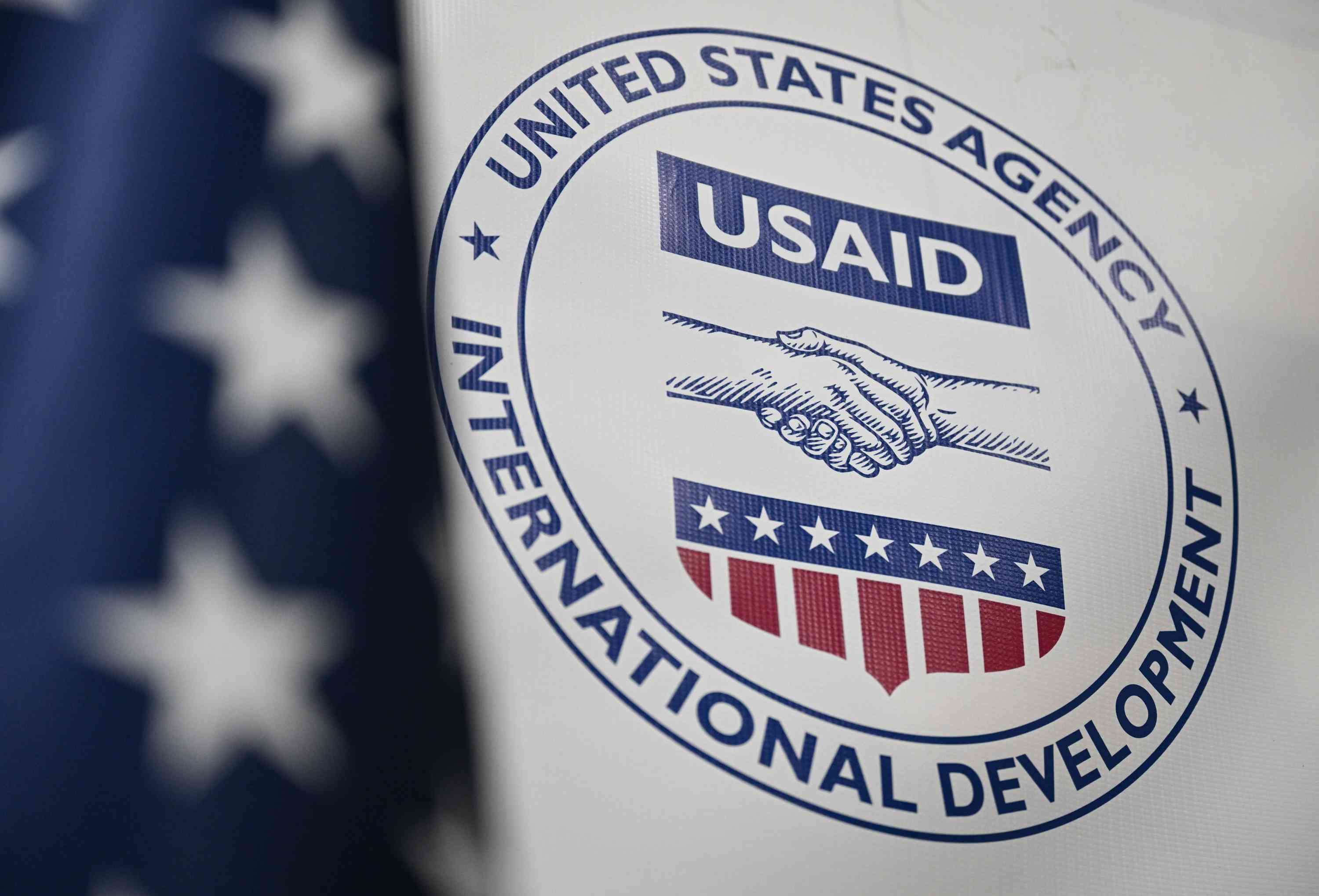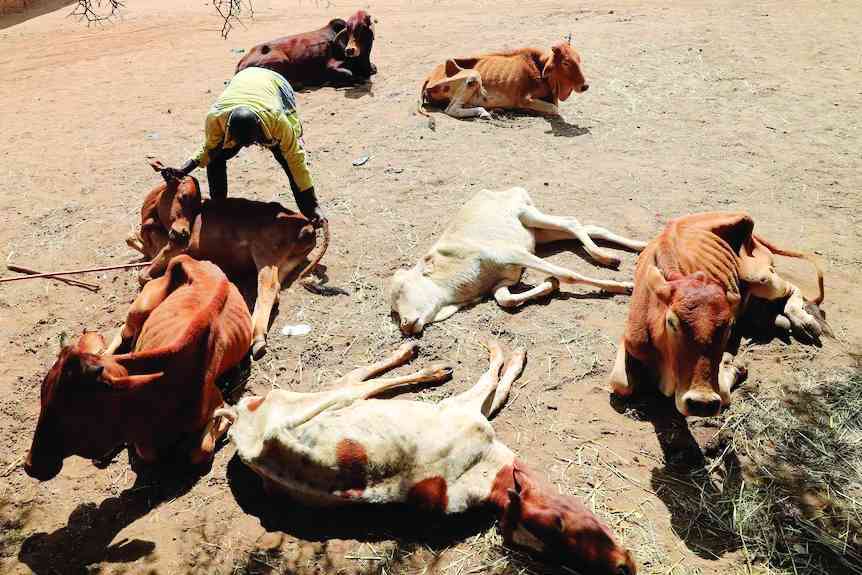
The sudden freeze on global funding by the United States Agency for International Development (USAid) has plunged the Friendship Bench, the Zimbabwean community-based mental health initiative, and several other beneficiaries into uncertainty.
“I got an email advising us to cease all USAid-funded activities a couple of days after President Donald Trump’s Executive Order suspending the agency’s funding,” said Friendship Bench founder Dixon Chibanda, one of the less than 30 psychiatrists in Zimbabwe, a country of 17 million people.
Lena Zamchiya, the organisation’s chief operating officer and acting chief executive officer, said in 2022, USAid committed US$1.3 million to support the Friendship Bench’s expansion over three years.
“The grant enabled us to increase access to affordable mental health care by establishing ourselves in the four of the country’s ten provinces where we didn’t have a presence,” Zamchiya said.
The money was to be disbursed in tranches. Should the aid freeze become permanent, the last payment of some $120 000 may never be paid.
The United States’ 90-day funding freeze has disrupted some Friendship Bench programmes.
“We’ve had to suspend all activities related to the support of 60 trained government mental health workers in the different provinces and redeployed other workers to other activities,” Zamchiya said.
However, 45 digital team members, some of whom counselled clients on WhatsApp while others operated a call centre, were not so fortunate.
- Letter from America: Is former president Donald Trump a hero or villain?
- Chidzivo, Tarakinyu clinch Kabag honours
- Letter from America: Is former president Donald Trump a hero or villain?
- The Fiddler: Is honesty the best policy?
Keep Reading
They were all instructed to halt their work after the freeze announcement. This abrupt stoppage has affected their livelihoods and the financial stability of their families and their siblings’ education.
Still, because of the size of the grant and the donor support it attracts, Zamchiya noted that the Friendship Bench was not as hard hit as beneficiaries who receive all or more significant chunks of their funding from USAid.
“It’s not as drastic as other organizations that have had to ask staff to leave without notice or pay,” she said.
Chibanda’s book, The Friendship Bench: How Fourteen Grandmothers Inspired a Mental Health Revolution which chronicles the story of the initiative, will be publishing in the US on April 22 and in the UK on May 22. The Zimbabwe publication date is yet to be decided.
From the no-budget organisation Chibanda founded in 2006 with 14 Harare City Council-employed community lay health workers, popularly known as vana ambuya hutano, trained to address what he describes as a mental health crisis in the country, the Friendship Bench is now a multi-million dollar operation that employs more than 70 permanent staff.
Since its inception, some 575 893 Zimbabweans have received counselling from the Friendship Bench, 24,888 over WhatsApp.
The project has spread from its first home at a Mbare clinic to close to 300 health facilities, bringing the goal of having a Friendship Bench within walking distance of every Zimbabwean closer.
Over 3 000 individuals, including grandfathers and youth peer-to-peer counsellors, have been trained as counsellors across Zimbabwe.
They use a standard questionnaire to determine the patients they can help and those who may need professional help.
With this phenomenal growth and the thumbs up it has received from mental health professionals across the globe, the Friendship Bench model of having a counsellor sit on a bench and talk through the problems facing a patient has now been replicated in countries such as the United States, Vietnam, El Salvador, Malawi, Kenya, and Jordan. It will soon have a presence in Britain and Germany.
It has attracted the support of deep-pocketed donors such as Mackenzie Scott, the ex-wife of Amazon billionaire Jeff Bezos, who donated US$2 million in 2022.
Other high-net-worth individuals, organisations, and philanthropists have also donated significantly in cash and kind.
The United States may restore funding after the 90 days Trump decreed foreign aid would be reviewed. Still, Zamchiya views the funding freeze as a wake-up call to look closer to home for funding.
“The Friendship Bench is a local intervention that has emerged from the global south and spread to the global north, so Zimbabweans need to take ownership of the model and support it through the private sector and possibly government, and your high net worth individuals in the country and abroad.”










